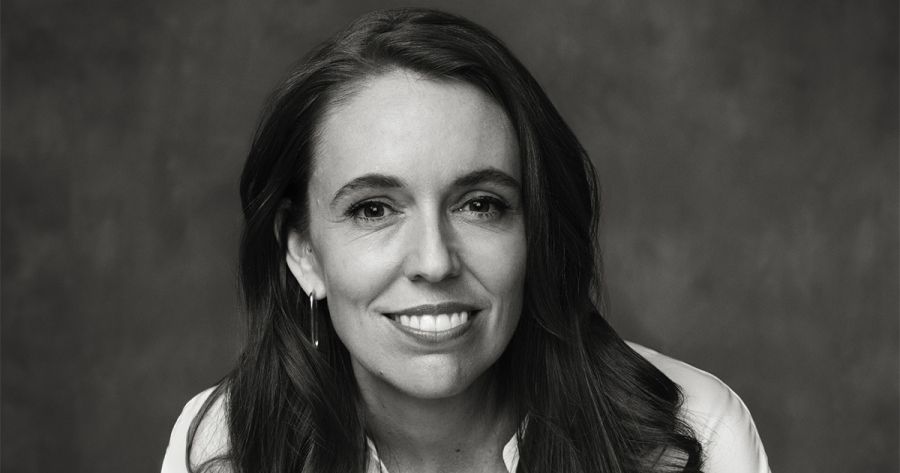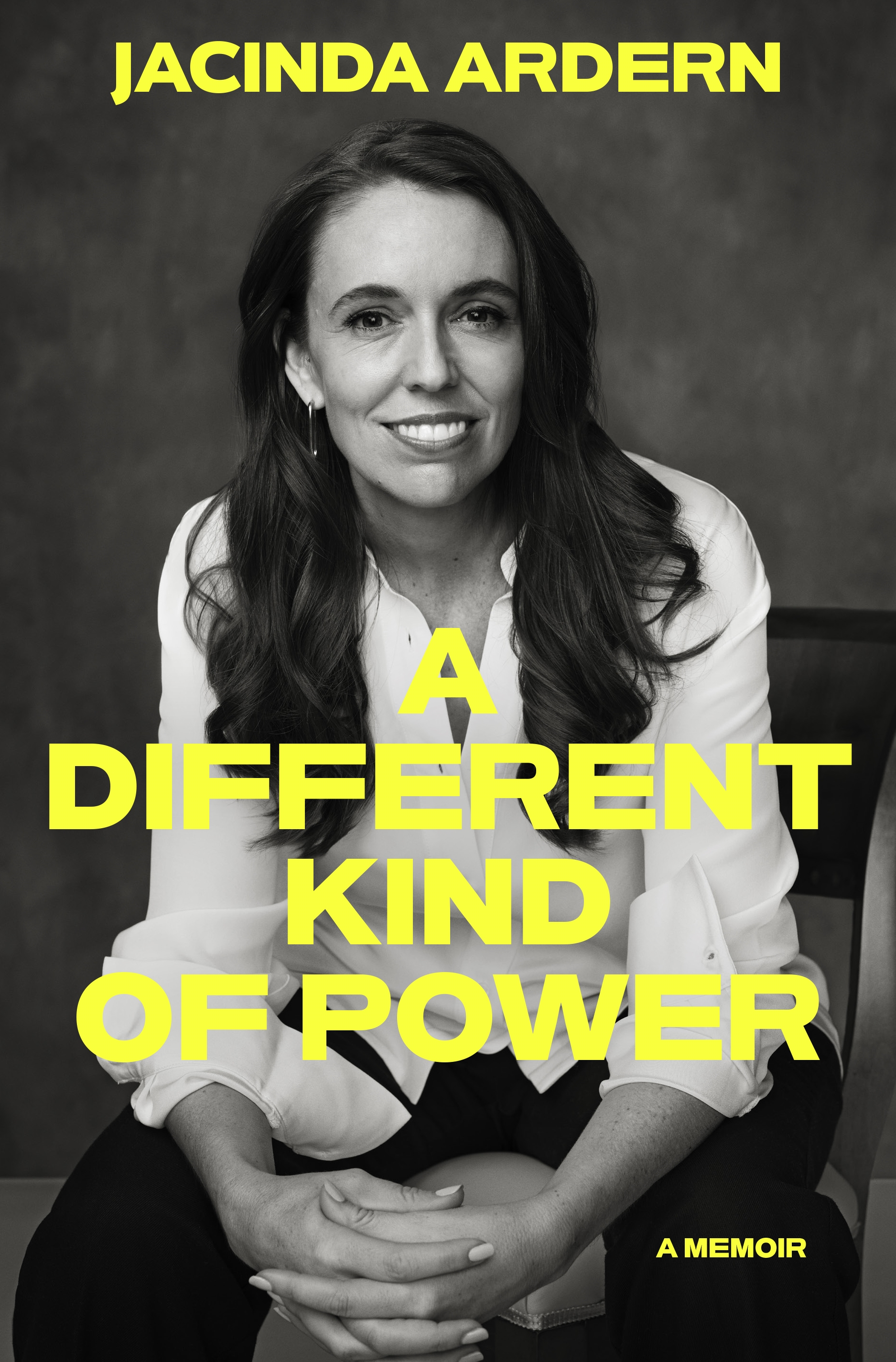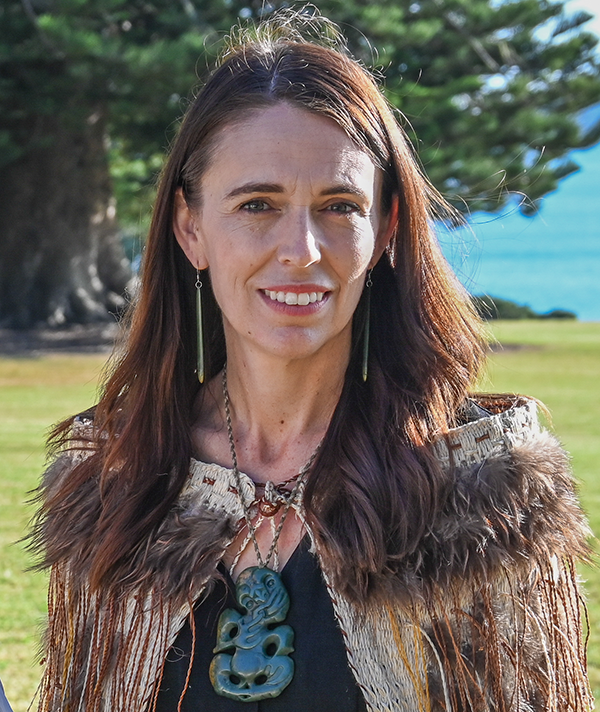
- Free Article: No
- Contents Category: Memoir
- Review Article: Yes
- Article Title: Jacindamania
- Article Subtitle: A memoir infused with Kiwi pride
- Online Only: No
- Custom Highlight Text:
New Zealand/Aotearoa is a small country, with a population of roughly five million people, but as former Prime Minister Jacinda Ardern enthuses in her memoir A Different Kind of Power, it regularly punches above its weight. Not that she is one to toot her own horn, at least in an obvious fashion, but let’s take her prime ministership as a vivid case in point.
- Book 1 Title: A Different Kind of Power
- Book 1 Subtitle: A memoir
- Book 1 Biblio: Penguin, $55 hb, 352 pp
- Book 1 Cover Small (400 x 600):

- Book 1 Cover (800 x 1200):

- Book 1 Readings Link: https://www.readings.com.au/product/9781776951277/a-different-kind-of-power--2025--9781776951277#rac:jokjjzr6ly9m
In October 2017, Ardern became one of the world’s youngest ever national leaders. In her first year on the job, Ardern gave birth to her daughter Neve – the second world leader to give birth while holding office, after Pakistan’s Prime Minister Benazir Bhutto. When Ardern addressed the UN General Assembly in September 2018, baby Neve and Ardern’s now-husband Clarke Gayford were in the room, grabbing the attention of international media. Press pictures of Ardern making ‘stupid faces at Neve while Clarke held her’ were beamed around the world, marking ‘the first time a baby was brought to the floor of the UN General Assembly’. All this, and Ardern was not even the first female prime minister of New Zealand, but the third, after the National Party’s Jenny Shipley (1997-1999) and Helen Clarke (1999-2008), the latter of whom came to power as Ardern began her ascent in the Labour Party, first as humble election volunteer and next as a parliamentary intern. Among the selected photographs in this book is one of Ardern seated between Shipley and Clarke, taken in 2018 to commemorate 125 years of women’s suffrage. Lest you need reminding, New Zealand, in 1894, became the first country in the world to grant women the vote, an extension of suffrage which included Māori women.
 Jacinda Ardern at Waitangi, 2022 (New Zealand Government, Office of the Governor-General)
Jacinda Ardern at Waitangi, 2022 (New Zealand Government, Office of the Governor-General)
Now living in the United States, and part of the international ‘leadership’ circuit, Ardern continues to be a proud ambassador for New Zealand. In her instantly engaging memoir – it opens with a pregnancy test and a knife-edge election – Ardern honours Māori history and culture, her family on both sides (which like many Pākehā families has Scottish roots and has come to include Māori relatives), and the rural communities she grew up in, even if they didn’t vote for her. Her mother Laurell, ‘low fuss, straightforward, ready to get on with things’ is, in other words, a ‘classic Kiwi woman’. Police officer father Ross is depicted as an exemplar of New Zealand’s model of ‘policing by consent’, from whom Ardern has inherited a strong sense of social justice and fairness. On the day she was sworn in as prime minister, members of the ‘iconic’ Wellington band, Fat Freddy’s Drop were ‘playing exuberantly at the base of the Parliament House steps’, a moment recalled by Ardern, in italics, as ‘the most Kiwi scene ever’. When Ardern’s pregnancy is announced, ‘Jacindamania’ hits next level, Kiwi-style: a hashtag #knitforjacinda goes viral, prompting another Kiwi from the South Island to tweet, ‘I can’t concentrate due to the sound of Dunedin knitting booties.’
New Zealand sits at the heart of Ardern’s memoir, with her stints overseas prior to committing to a life in politics refracted through her Kiwi lens. As a student, Ardern spent a semester at Arizona State University, where she happened to be on 11 September 2001. Struck by the differences presented by US patriotism – in New Zealand flags weren’t ‘commonplace’ and during the national anthem, ‘we didn’t hold our hands to our chest’ – Ardern was compelled to raise her hand in class and ask, in her ‘thick New Zealand accent’, the question nobody else was asking: Why? Here, Ardern’s longing for her professor to teach the class that ‘You can’t judge a whole group by the actions of a few’ foreshadows her own widely praised approach to an horrific act of terrorism which befell New Zealand during her time as prime minister, this one perpetrated by a white Australian-born man against Muslims: the Christchurch mosque shootings on 15 March 2019.
In her twenties, living in London, Ardern joined the International Union of Socialist Youth, ‘just as Helen Clark had in the 1970s’, eventually becoming president, ‘the first woman in my region to reach this level’. A stint in Tony Blair’s office as a policy adviser receives even less attention in her memoir: none. Ardern was lured home to run in the 2008 election in which Clark conceded to National leader John Key. In fact, Ardern did not win the conservative seat of Morrinsville where she grew up. It was through a quirk in New Zealand’s electoral system, which Ardern dutifully explains to her presumably international readership, that she entered Parliament as a party-selected ‘list MP’ in 2008. Labour would not win power again until 2017 – the year that Ardern won a safe Labour seat in a by-election, became deputy leader of the party, then, only five months later and fifty-three days before the election, leader. Her vision was to ‘put into practice kaitiakitanga – to build a New Zealand even better than the way we found it’.
After another energetic campaign – we learn she loves elections, and that being raised a Mormon helped with door-knocking – Ardern led the party to a narrow victory after garnering the support of the Greens and New Zealand First, led by Māori conservative Winston Peters. The reliably provocative Peters had likened Ardern to a ‘meatless hamburger’, and he gave nothing away during their post-election negotiations. By the time he declared public support for Labour, Ardern knew that she was pregnant. This moment takes the reader, close to 200 pages in, back to where the book began.
For most of her time as prime minister, Ardern was enormously popular, including internationally as she and her government weathered three major crises compassionately and decisively: the Christchurch mosque attacks (with fifty-one people dead, New Zealand’s worst ever mass shooting); the volcano eruption at the popular tourist destination Whakaari/ White Island in December 2019 (resulting in twenty-two casualties); and from March 2020, the Covid-19 pandemic.
Of these crises, Ardern narrates the first with particularly moving detail, taking care to centre the Muslim community, mindful that Kirk Hargreaves’s photograph of her looking mournful in a headscarf dominated coverage. Her government’s close-the-borders response to Covid-19 is presented more matter-of-factly in the final chapters, coming most alive when Ardern describes the increasingly competing demands of leadership and motherhood. The Covid-19 response helped sweep Ardern and Labour to an overwhelming majority election victory, while also seeding a backlash. The protestors who set up camp on the Parliament’s grounds in early 2022 in opposition to vaccine mandates are presented by Ardern as part of an international Alt-right conspiracy-fuelled phenomenon – ‘the American flags, the Trump flags, the swastikas’ – and thus antithetical to her version of New Zealand, and style of leadership, rather than disenfranchised locals.
The title promises an exegesis on political power, but Ardern’s is not a book aimed at political boffins, and nor is it in the neo-liberal feminist mode of the political memoirs of Julia Gillard and Hillary Clinton, though inevitably there are thematic links given the seemingly perennial features of political life as a woman: dodgy magazine shoots, sexist dismissals, nosy questions about children and family. Ardern spotlights progressive social reforms which benefitted women, most significantly abortion reform, but the constituency she was most consistently concerned with could not even vote: children. ‘Becoming a mum changed me,’ Ardern writes. ‘Not just as a person, but as a politician.’ Her own childhood is lovingly evoked, and where A Different Kind of Power is most compelling is at the level of the intimate, the quotidian. There are no great surprises for Ardern comes across on the page as she did in office: sincere, hard-working, warm, and empathetic – the word most associated with her leadership style. It is best savoured as a heart-warming account of growing up in New Zealand, where the girl who became prime minister was ‘able to see not just one woman reach the highest office in the nation, but two’.


Comments powered by CComment